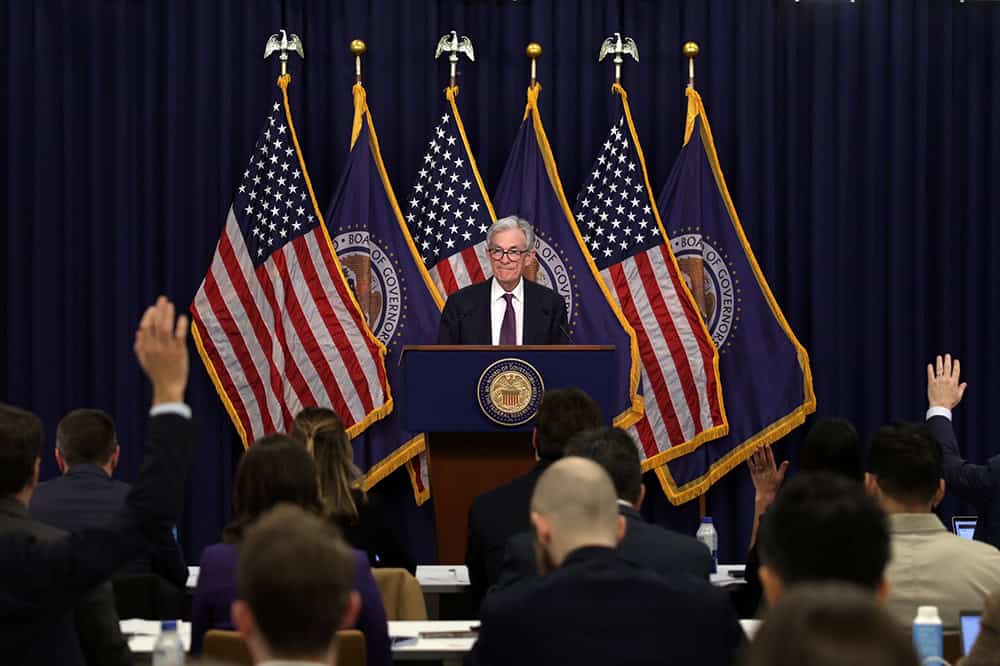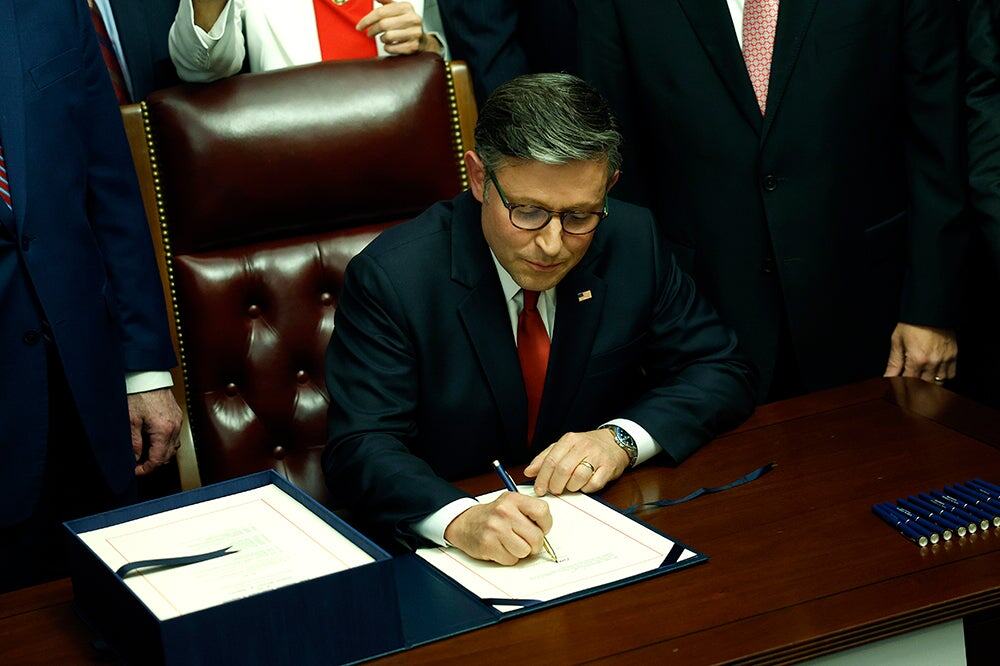Statement on Congressional Budget Office’s Budget and Economic Outlook
“Although modest progress has been made on short-term fiscal issues, the CBO outlook shows us that the nation has by no means solved its debt problem. The CBO report confirms that our debt as a share of GDP is projected to increase over the next 10 years, and rise sharply thereafter.
“The goal of any sustainable fiscal policy must be to stabilize debt as a share of the economy and put it on a downward path for the long term. Recent deficit-reduction efforts have failed, because they only slow the growth rate of our nation’s debt, and not even all that much. Recent fiscal reforms have not solved the problem because they have not addressed key drivers of debt, namely our rapidly aging society, exploding health care costs, and a lack of sufficient revenue.
“We need to grow our economy faster than we grow our debt, and yet America is still doing the opposite. Our future prosperity rests on a growing economy and a stabilized debt, and Congress and the President must continue to focus on both. A comprehensive fiscal plan that is phased in gradually is key to our fiscal and economic health — stimulating the economy with confidence and certainty, and putting an end to our out-of-control debt.”
Further Reading
Quiz: How Much Do You Know About Healthcare in the United States?
The United States has one of the largest and most complex healthcare systems in the world. Take our healthcare quiz to see how much you know about the cost and quality of the U.S. healthcare system.
The Fed Reduced the Short-Term Rate Again, but Interest Costs Remain High
High interest rates on U.S. Treasury securities increase the federal government’s borrowing costs.
How Did the One Big Beautiful Bill Act Change Tax Policy?
See how OBBBA restructured the tax landscape across four major areas: individual tax provisions, business tax provisions, energy tax credits, and health-related tax changes.


